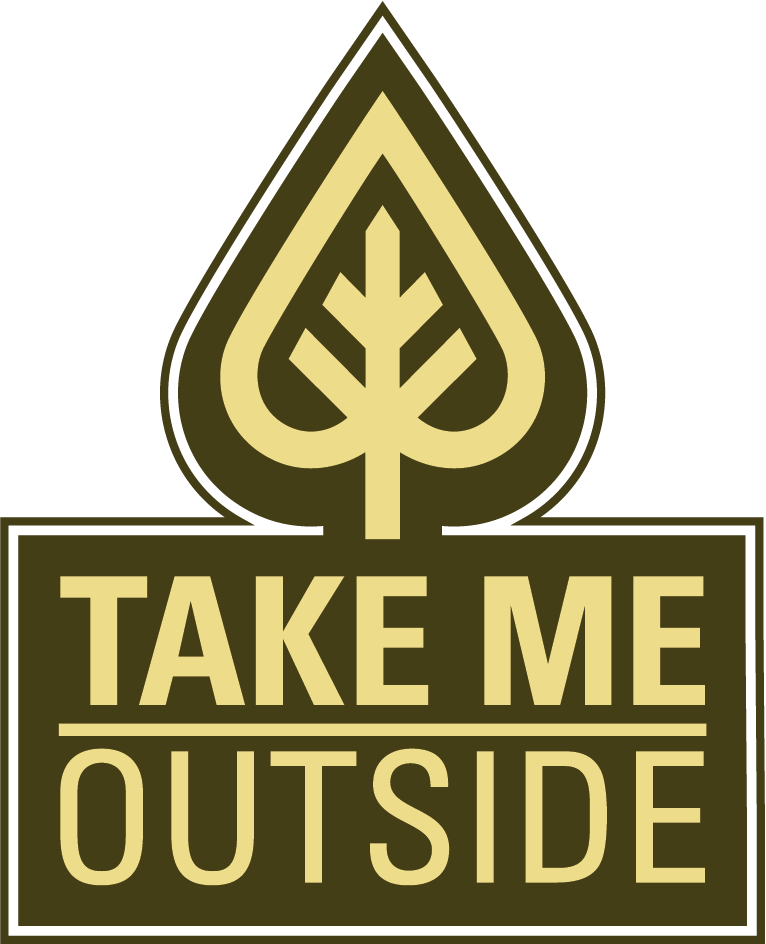46 results for group: environment-climate
Feed The Youth
Feed The Youth workshop will educate the attendees on food sovereignty and the ways it can be achieved within our lifetime. We will explore existing food systems and how they contribute to food insecurity in Canada. Then we will go over the definition of the Indigenous Food System, and discuss possible solutions and plans of action. Our workshop will include games, icebreakers and interactive learning.
Ripple effect: Working together to protect water
Water Rangers believes that everyone has the right to learn about and help protect water bodies! You will learn how your students can help scientists gather water quality data using the Water Rangers testkits. After an introduction to participatory science and water quality testing, you will test water quality! While testing, we'll discuss how to set up excursions, what the results mean, and how to connect this activity to other topics. The data gathered can be openly shared online. The tools presented are best suited for ages 10 and up, although educators working with all ages are welcome!
Looking to Nature for Climate Change Solutions
Climate change is one of the most complex, interconnected challenges of our time. But we can’t lose sight of the impact we can make if we take collective action and look to nature for inspiration. In this workshop we will take a nature-based, solutions-focused approach by looking at circular economy and renewable energy as ways to combat climate change. Participants will also create their own art using natural elements inspired by the workshop discussions and learn how this ties into GreenLearning’s classroom climate advocacy tool and eco action challenges.
Privileging more-than-human voices in sustainability education: An argument for role-play pedagogy
This workshop will give practitioners and participants the opportunity to experience role-play pedagogy, through engagement with the more-than-human in the environment. This pedagogical strategy involves the activation of evolved, imaginative, ecological engagement and thinking-with or being-with the ‘other.’ The objective of this pedagogical approach is the intentional development of relational awakeness and the building of relational bridges between children and and the ‘other’ in our common worlds.
Project WET Climate, Water and Resilience Mini-Workshop
In Project WET Canada’s Climate, Water, and Resilience Mini-Workshop participants will experience three engaging climate change activities from the educator guide. Each activity includes background information for the teacher, climate connections, STEM and career connections, and a climate resilience activity. The activities enable students to understand climate and climate change through accessing and analyzing reliable science-based data, conducting experiments, and participating in simulations, all of which empower students to combat climate change and build a more resilient future.
Looking the gorilla in the eye: effective climate education
In recent years the 800 pound gorilla that is the climate crisis has walked into your classroom; this workshop will help you look the gorilla in the eye. In this workshop Gareth will share some recent work that proposes to teachers several important dimensions of effective climate education. You ‘will learn by doing’ as together we explore the linkages between some classic outdoor education activities, energy education, and climate change. As Dr. David Orr famously said: “Hope is a verb with its sleeves rolled up,” and you’ll take away new approaches to help your own students roll up their sleeves, take climate action - and feel hope for the ...
Responding to Place Through Storywork and Experiential Learning
Students are natural storytellers; they have an innate ability to explore the world through their senses and commit ideas, knowledge, and understanding to memory through story. In this workshop, teachers will develop their capacity for place-responsive learning, and the use of narrative as a classroom tool for teaching, learning, and assessment. We will also weave the use of geographical and historical thinking skills with an appreciation for Indigenous ways of knowing, diverse access points for curricular content, and activation of pedagogies. We anticipate being outdoors for this session.
Coming to the land to learn about medicinal plants and animals: Pedagogical resources with Indigenous perspective from the Tableau
Teachers need to introduce Indigenous perspectives and knowledge into their teaching practices. For that purpose, reliable resources are needed. This workshop will introduce teaching practices from the Tableau STE (tableaust.ca) that incorporate Indigenous and environmental knowledge (Medicinal Plants, 3° grade; Moose, 4° grade). Both practices combine an indigenous narrative with an outdoor field trip. Workshop participants will learn to use the lesson plans and underlying principles (story-based/ place-based learning, indigenous pedagogy) that belong to this innovative teaching material.
Identity Intersections: Understanding the Role that Social Group Identity Plays in Constructing Environmental Identity
As environmental and outdoor educators, we cultivate the environmental identities of young people. But recent research suggests strategies for doing so can be affected by other identities we hold, such as race and gender. In this session, we will discuss vignettes and data on environmental and social group identities, and explore what these data mean for our work. We will also use research-validated tools to understand the intersections between our own social & environmental identities. Finally, we will make meaning of our reflections using eco-contemplative practices.
PLT Canada’s Forest Literacy Framework: Growing Forest Literate Generations
Learn about Project Learning Tree Canada's Forest Literacy Framework (FLF), this new resource charts a pathway for those who educate young people, create education policy or curricula, or advocate for forests. During this session, participants will explore the 5 Hot Topics within the FLF through an interactive facilitated discussion




